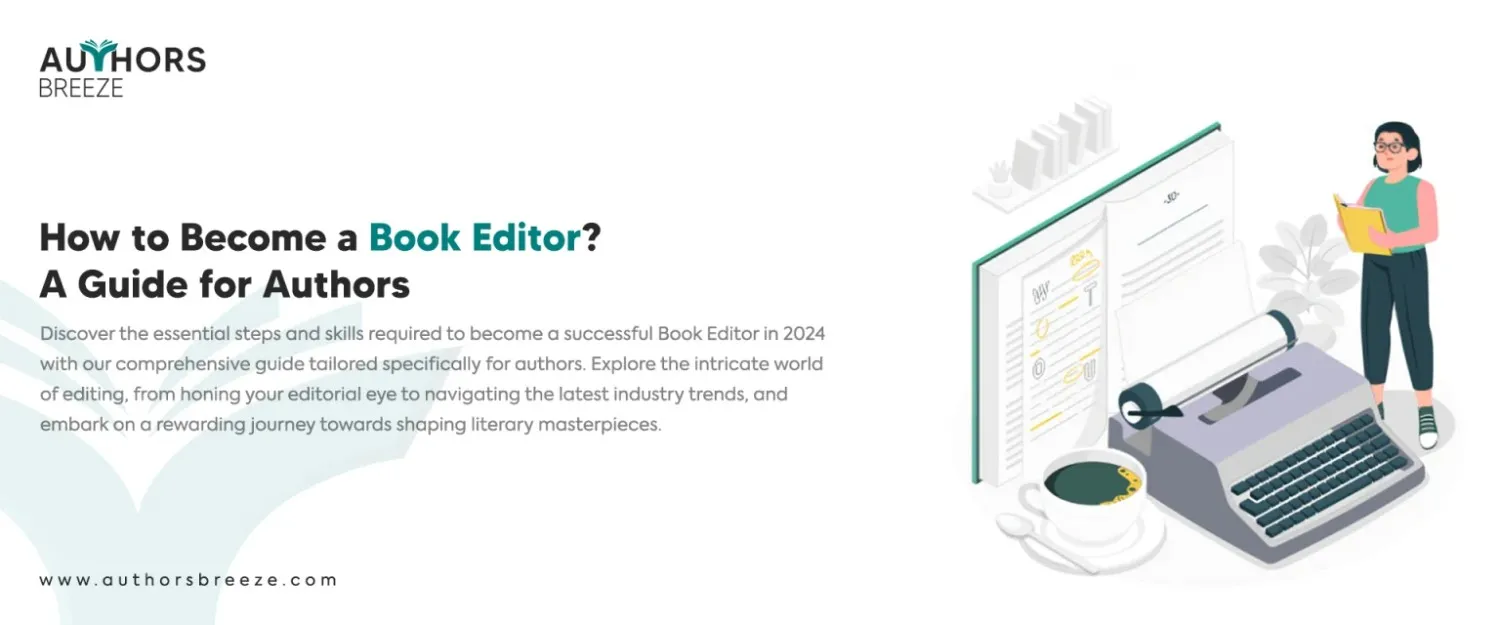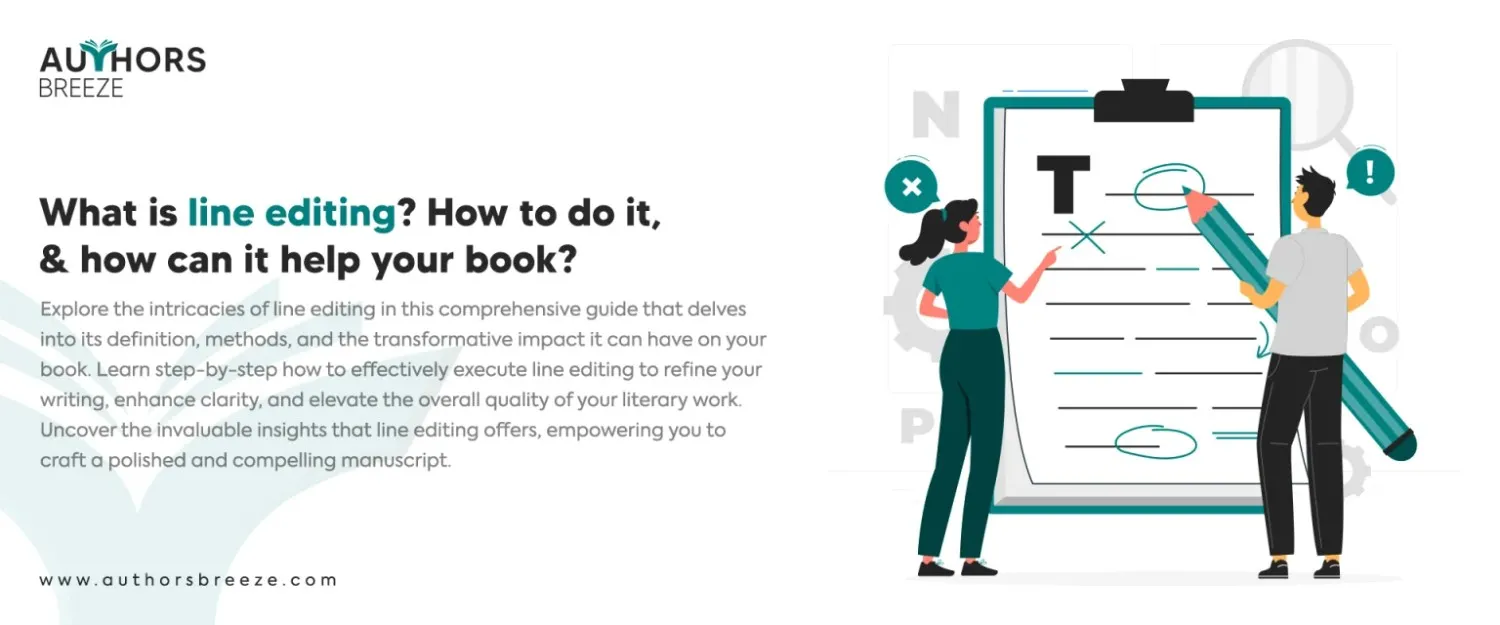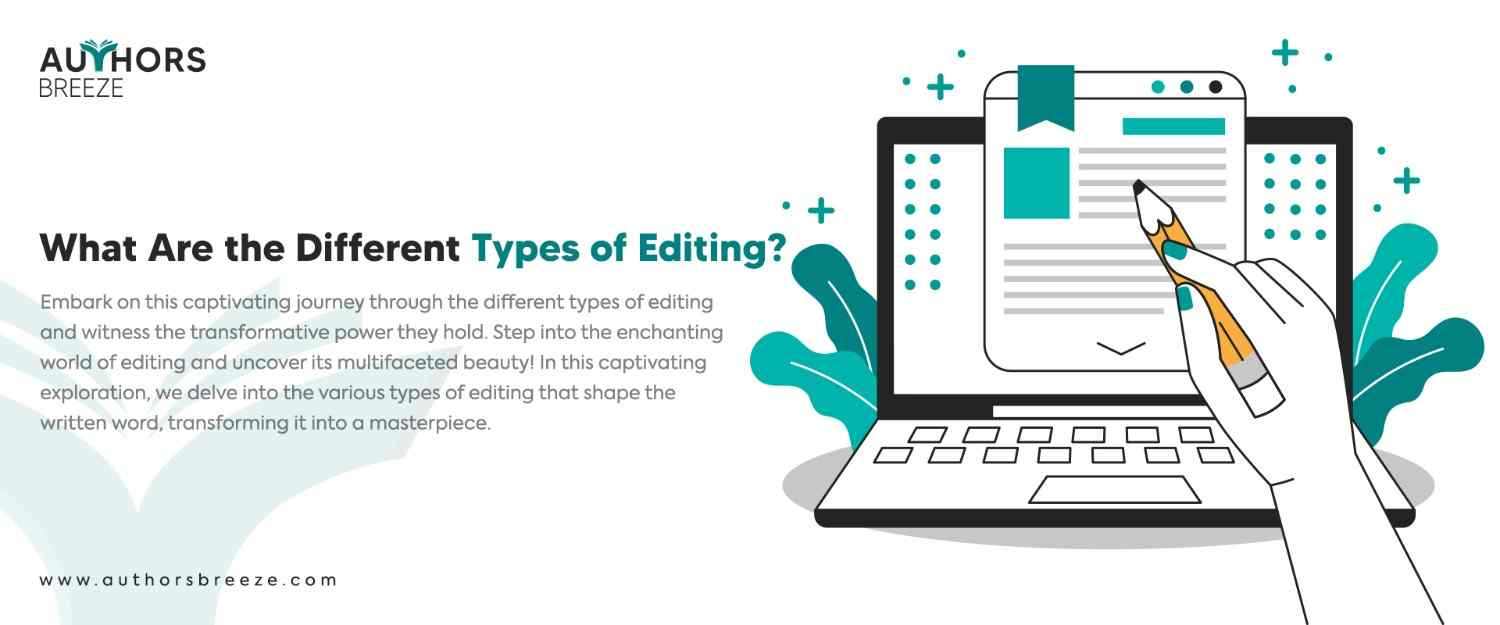Don’t Have Time to Read? Listen to the Book Editor Instead!
Key Takeaways: How to Become a Book Editor?
- The role of a book editor is to refine manuscripts to enhance their quality as well as prepare them for publication.
- There are various types of editors. Each of them plays different duties in the book publishing process.
- Do you aspire to be a book editor? Then, it would be best to have a bachelor’s degree in English, literature, journalism, or a related field.
- You should constantly develop your editing skills through practice. Also, learn about industry trends to thrive as an editor.
- You can gain experience through internships. It is also helpful to network with industry professionals to break into the field.
- To become a book editor, you need a strong portfolio of editing work. You can showcase it on a personal site or author platform.
- An editor should read widely across various genres. It will help understand different writing styles and narrative methods.
- Good book editors know how to correct grammar, improve the content, and work well with others.
- To succeed as a book editor, you should specialize in a genre or type of editing. Then, you can build a solid reputation in the industry.
Reshape Yourself into A Great Book Editor
Make sure you learn the right book editing process. Get in touch with us to get expert tips from editing professionals.
Introduction – How to Become a Book Editor?
A book can not do wonders without a book editor. Right? We see eye to eye on this because editors are behind the transformation of manuscripts into polished masterpieces. From historical fiction to heart-wrenching memoirs, book editors work cut out for authors.
Authors hire editors for professional book editing services to ensure they convey their story or message effectively. And according to Glassdoor.com, a book editor in the United States earns an average of $71K to $132K annually.
Can you shape a writer’s vision? Do you possess a keen eye for detail? Moreover, do you have a passion for language? If so, then you can enter the world of book editing. But how can you turn your love for books into a career as an editor?
In this blog, we will crack the code and tell you how you can become a book editor. After reading our guide, you will be prepared to turn your passion into a rewarding book editing job, making money equal to expert editors.
What is Book Editing?
Book editing is where you refine the manuscript of your book to improve its overall quality and prepare it for publication. When you edit a book, you do not just check for grammar or spelling mistakes. You also look for loopholes in plots and inconsistencies in writing styles, pace, voice, etc.
What is a Book Editor?
A book editor is the behind-the-scenes hero of the publishing world. You will see them working as a project manager, cheerleader, and wordsmiths all rolled into one. They collaborate with authors in order to refine their manuscripts and bring their stories to life.
Transform Yourself into A Published Author
You can write as many books as possible. However, the real game is to publish them yourself. Make your publishing dream a reality with us.
What Do Editors Do for Books?
Book editors review, edit, proofread and rewrite manuscripts of the books. They fine-tune and polish the manuscripts to perfection. As a result, it helps authors in the successful publication of their books.
[See how editors of Authors Breeze have helped Norman Ollestad in editing his book.]
Role of Book Editors
A book editor acts as a bridge between the author and the publisher. They advocate for both parties. Also, they guarantee the manuscript reaches its full potential for publication. Editors are guardians of quality. They ensure the book is well-written, engaging, and adheres to the publisher’s standards.
Responsibilities of Book Editors
The responsibilities of a book editor can vary. However, some general duties of them are that they:
- Scout drafts of the books, asses their potential, and decide whether to publish them.
- Focus on the big picture, shape the story structure, and ensure logical flow.
- Point out what needs to be improved in the plot, characters, and overall content of the book.
- Polish the writing style and make sure it is clear, concise, and follows rules of grammar and punctuation.
- Incorporate knowledge and information that the writer forgets to include or may not be aware of.
- Check for factual errors and things that don’t match up in the text, and ensure the manuscript adheres to the style guide of the publisher.
- Confirm the accuracy of information (especially vital for non-fiction), which may need extra research or the need to verify from the sources.
- Maintain clear communication with authors, discuss concerns, offer ideas, and work together to refine the manuscript.
- May also manage the project and set deadlines, work with freelancers such as fact-checkers, and make sure the manuscript moves smoothly through the editing stages.
What are the Types of Book Editors?
There are different types of editing. Likewise, there are various types of book editors. Each editor has a different job in the book publishing process. For example:
Acquisition Editor
The acquisitions editor acts as a gatekeeper and decides which manuscripts a publishing house will take on. They look for drafts with strong commercial potential and a good fit for the publishing house’s list. Besides, they might offer editorial guidance to help authors improve their work before acquiring it.
Development Editor
A developmental editor is like a story doctor. They examine the entire book and tell how to make it perfect for publishing. They focus on big things such as plot and characters. It makes sure the story flows well.
Proofreader
A proofreader polishes writing by finding and correcting errors, such as typos and spelling mistakes that may have slipped through.
Spot Mistakes Before Its Too Late
Writing a book is one hefty task. You can make errors and not even be able to spot them. That’s where Authors Breeze comes to help.
Line Editor
On the other hand, line editing makes sentences smoother. Line editors improve the flow and style of writing. In addition, they look for awkward phrasing, repetitive words, and anything that makes writing clunky. They also make sure the tone stays consistent throughout the book.
Copyeditor
A professional copyeditor finds those pesky mistakes that can be missed, even after reading the book aloud. A copyeditor ensures writing shines with a professional touch.
How to Become a Book Editor?
The world of book editing offers a fulfilling career path. This path is especially fruitful for those with a passion for language and a keen eye for detail. Here’s how you can become a book editor in 2025:
Education and Skill Building
It is recommended that you get a formal education. A bachelor’s degree in English, literature, journalism, or a related field can be a starting point. As a result, you will be equipped with a strong foundation in grammar, writing, and critical analysis. On the other hand, a master’s degree can give you an edge. However, it is not always mandatory.
You should also develop core skills. For example, sharpen your writing and editing skills through personal projects or freelance gigs. Moreover, you need to be proficient in grammar, punctuation, and style guides (such as Chicago or APA). It is essential for those looking to stablish themselves as an editor.
The writing and publishing industry evolves from time to time. So, consider online courses or workshops to learn about the latest editing software and industry trends. Hone your ability to provide constructive criticism and identify areas for improvement in a manuscript.
Experience and Networking
You cannot become a book editor and be successful in the industry without relevant experience and strong networking. Therefore, look for internships or editorial assistant positions at publishing houses or literary agencies. It will provide valuable hands-on experience. Moreover, you will be able to learn from seasoned editors.
You can build your network by:
- Attending industry conferences.
- Joining online forums for editors and writers.
- Connecting with professionals on platforms such as LinkedIn.
When you build relationships, you open doors to future opportunities. In addition, you should consider freelance editing to build your portfolio. Also, you can gain experience working directly with authors. There are online platforms that connect editors with authors seeking book editing services.
Additional Tips to Become a Book Editor
Choose Your Niche
Explore different types of editors and genres of fiction or non-fiction to find an area that interests you. Specializing in a particular genre (e.g., romance, science fiction) or editing type (developmental editing, copy editing) can make you a more attractive candidate for editing jobs.
Create a Strong Portfolio
Showcase your editing skills by building a portfolio that includes samples of your work. You can also create an author website or online profile showcasing your services, qualifications, and testimonials.
Read Widely
The more you read, the better editor you become. So, read across genres and styles to understand different narrative structures and voices.
What Makes a Good Book Editor?
A good editor is a magician of the written word, a keen-eyed improver who refines ideas and polishes prose. You must have writing and editing skills to become an excellent book editor. Here are some key qualities that make a book editor excel:
Technical Expertise
You can not become a book editor without having a masterful grasp of grammar, punctuation, and spelling. You should be able to spot errors with laser focus and ensure the writing adheres to style guides.
Moreover, a good editor goes beyond basic grammar and punctuation. Therefore, you need to have a keen eye for inconsistencies, typos, and awkward phrasing that might slip through the cracks.
Content Improvement Skills
Professional book editors can dissect a piece of writing and identify areas for changes in plot, character development, or overall clarity. They know how to strengthen the core message or narrative arc.
In addition, a book editor can make complex ideas clear and concise. So, if you want to become a book editor, you better know how to identify jargon and suggest simpler alternatives. This helps to ensure the writing is accessible to the target audience.
Interpersonal Skills
Editing is a two-way street. A good editor works closely with writers. They provide constructive criticism and suggestions to improve the manuscript in a respectful and encouraging way.
To become a great book editor, you should be able to understand the writer’s vision and goals for the piece and provide feedback that helps them achieve that vision without compromising their voice.
Additional Traits
A good editor has a meticulous eye for detail. They won’t miss even minor inconsistencies or errors. You will become a great book editor if you understand the value of meeting deadlines and can manage your time effectively to ensure projects stay on track.
Moreover, book editors have a genuine love for language and a desire to see written content reach its full potential.
Frequently Asked Questions
What Degree Do I Need To Be A Book Editor?
A bachelor's degree is necessary if you want to become a book editor. A degree in English or journalism is valuable. However, degrees in various fields, such as journalism and communications, are acceptable.
Is It Hard To Get Into Book Editing?
Becoming a book editor requires qualities, skills, knowledge, and experience. It is not easy to be an editor. However, you can develop your portfolio if you have excellent observation skills and a passion for reading and writing books. Then, you can start your career as a book editor.
How To Be A Book Editor?
Do you want to become a book editor? Then:
- Earn a Degree
- Develop Your Skills
- Gain Experience
- Build Network
- Specialize in a Particular Genre
- Learn Continuously
- Build a Reputation
Wrapping Up Things About Becoming a Book Editor
A book editor is a champion for the written word. Suppose you possess a blend of technical skills, keen judgment, and interpersonal finesse. In that case, you can definitely become a good book editor. So, are you passionate about literature and helping writers achieve their best work? Book editing is a rewarding career path for you. However, your editing role can vary depending on the industry you choose or the nature of the content you work on.
Authors Breeze is one of the leading book editing companies that provide professional book editing services to help authors publish their books. We provide professional services and guide writers, editors, and authors in their respective fields. So, you can always contact us if you have any questions about becoming a book editor.
Editing Your Book Becomes Easy
If you are new to the book writing and editing world, then do not worry. We are here to assist you at every step of the book publishing.





